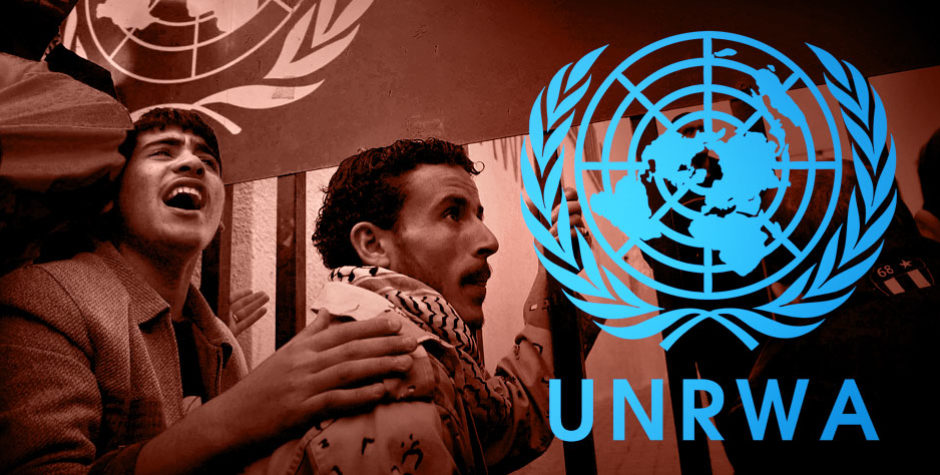UNRWA Investigation Policy
(Dios Technical Instruction 02/2016)
I. Introduction
1. This Policy provides the framework and establishes governing principles for the investigations of allegations of misconduct by UNRWA personnel. It is consistent with Organization Directive No. 14, the Charter of the Department of Internal Oversight Services (DIOS), and has been prepared in accordance with generally accepted investigation standards applicable to administrative investigations, as reflected in the Uniform Principles and Guidelines for Investigations (2nd edition).
2. The principles articulated in this Policy outline and articulate both the rights and obligations of all UNRWA personnel in the conduct of staff misconduct investigations, including the rights and obligations of subjects of investigations. In case of a conflict between this Policy and UNRWA Staff Regulations, Staff Rules, Personnel Directives or a General Staff Circular, these latter instruments should prevail.
3. This Policy covers all misconduct investigations duly authorized by the Agency, whether conducted by DIOS investigators or by other UNRWA personnel specifically requested and authorized to conduct them, as well as to any external investigators retained by the Agency.
4. Misconduct at UNRWA is defined similarly as in other United Nations Organizations and Agencies as a failure by personnel to comply with the required standards of conduct.’ These include, but are not limited to, fraud; corruption; theft; abuse of privileges and immunities; harassment; sexual harassment; abuse of authority/power; assault; sexual exploitation and abuse; violation of humanitarian principles, including neutrality; or failure to observe regulations, rules and policies. This Policy does not apply to managerial issues such as performance management issues and performance-related disagreements, to personal grievances arising from administrative decisions taken within the proper discretion of supervisors and management, or to complaints made by beneficiaries regarding access to services.









